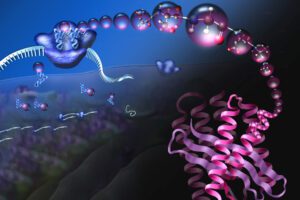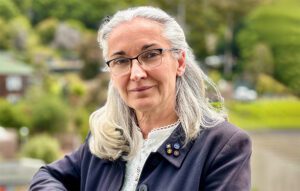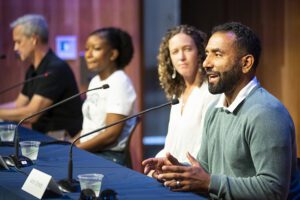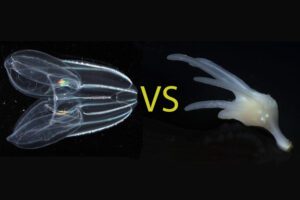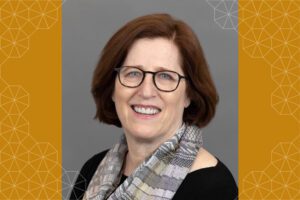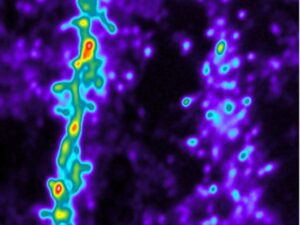
Karthik Shekhar has been named a 2023 McKnight Scholar
June 20, 2023
The McKnight Endowment Fund for Neuroscience has announced the selection of ten neuroscientists to receive the 2023 McKnight Scholar Award. Karthik Shekhar, Asst. Professor of Chemical and Biomolecular Engineering at UC Berkeley, has been awarded a scholarship for his project entitled Evolution of neural diversity and patterning in the visual system. Prof. Shekhar is also a member of…

